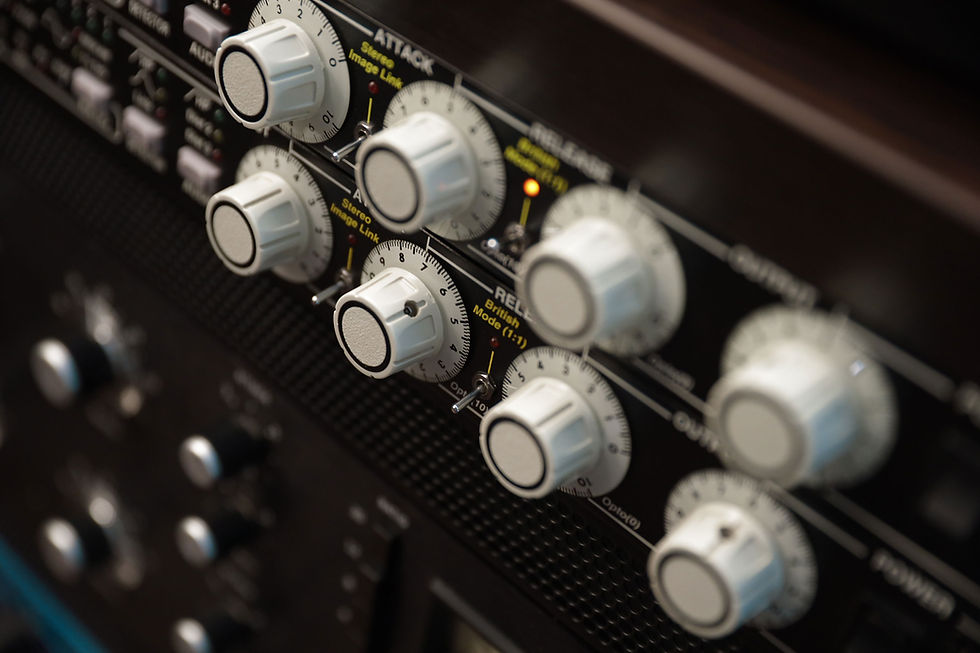
Mix engineering is an essential part of the music production process. It involves combining different audio elements to create a final mix that sounds cohesive and balanced. As a mix engineer, you have the power to make or break a recording. Therefore, it's important to understand the technical and artistic aspects of mixing to achieve the best possible results. In this blog post, we'll discuss some tips and tricks for mix engineers to help you create great-sounding mixes.
Start with a clean slate
Before you begin mixing, make sure your project is organized, and all your tracks are properly labeled. This will save you time and make it easier to navigate through your session. Ensure that there are no conflicting frequencies or phase issues in your tracks that may create problems later. It's best to start with a clean slate to avoid any issues that could affect the overall quality of your mix.
Reference tracks are essential
Always reference other tracks while you're mixing to help you stay on track. This is especially helpful when you're starting out or trying to achieve a specific sound. Listen to how your reference tracks have been mixed, and compare them with your own mix. Analyze the different frequency ranges and how they've been balanced. Try to match the overall tone and dynamic range of your reference tracks while maintaining the uniqueness of your mix.
Level and panning
One of the most important aspects of mixing is level and panning. Your mix should be balanced in terms of volume, and each instrument should be positioned correctly in the stereo field. Panning can help create a sense of space and depth in your mix, but it's important not to go overboard. Be mindful of the listener's experience and ensure that your mix doesn't feel crowded or overwhelming.
EQ and compression
EQ and compression are two powerful tools that can help you shape the sound of individual tracks and the overall mix. EQ can help you cut or boost specific frequencies to make each track sound clearer and more defined. Compression can help you control the dynamic range of each track, making the quieter parts louder and the louder parts quieter. Be careful not to overuse these tools as they can quickly become the source of problems in your mix.
Use effects sparingly
Reverb, delay, and other effects can add depth and character to your mix, but they can also quickly make your mix sound muddy or overwhelming. Use these effects sparingly and try to match them with the overall vibe of your mix. Be mindful of the decay time of your reverb, and ensure that it doesn't create any unwanted reflections or delays.
Take breaks
Mixing can be a long and tiring process, and it's important to take breaks to rest your ears and clear your mind. This will help you maintain focus and avoid making mistakes that could affect the quality of your mix. Take frequent breaks, and try to listen to your mix with fresh ears every time you come back to it.
In conclusion, mix engineering is both an art and a science, and it takes time and practice to master. Follow these tips and tricks to create great-sounding mixes, but remember to trust your ears and use your creativity to make your mix unique. Good luck and happy mixing!
.png)
Comentarios